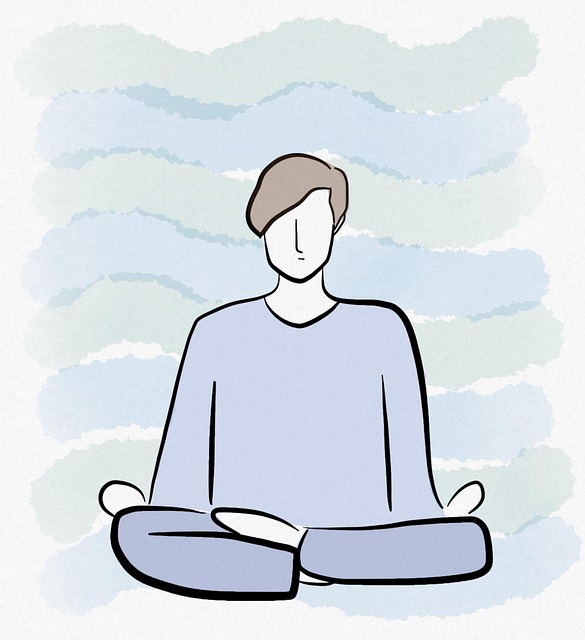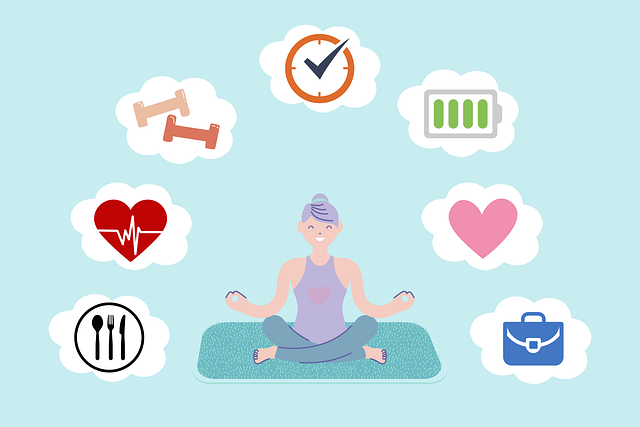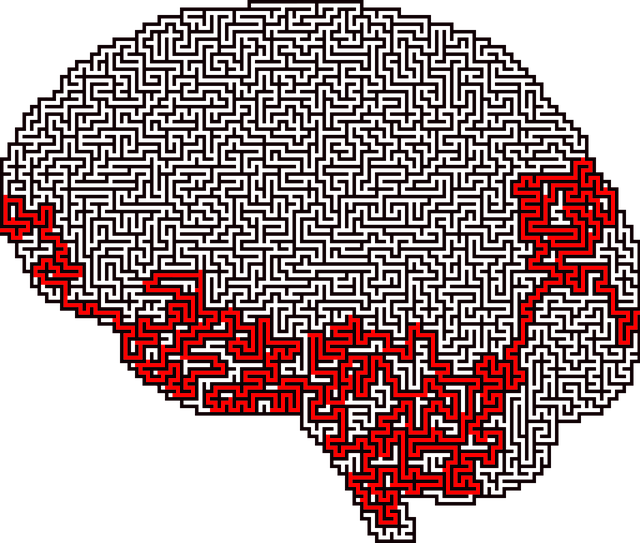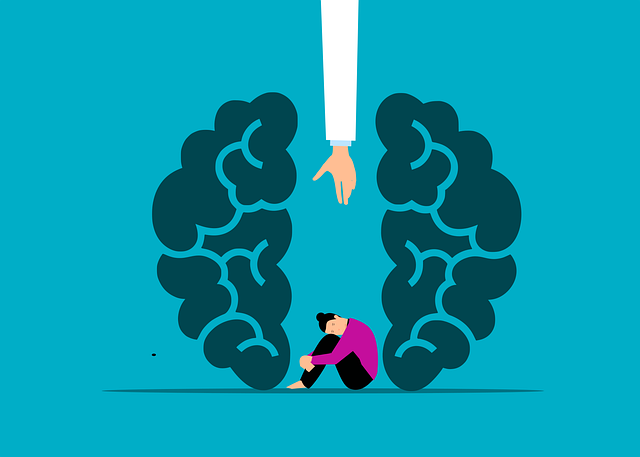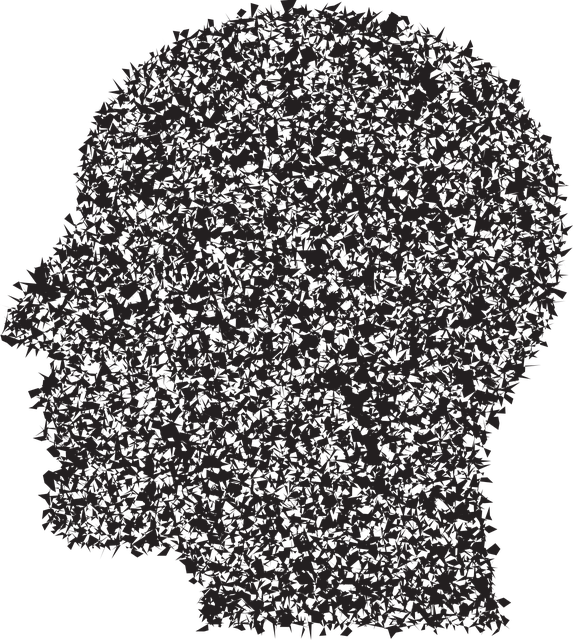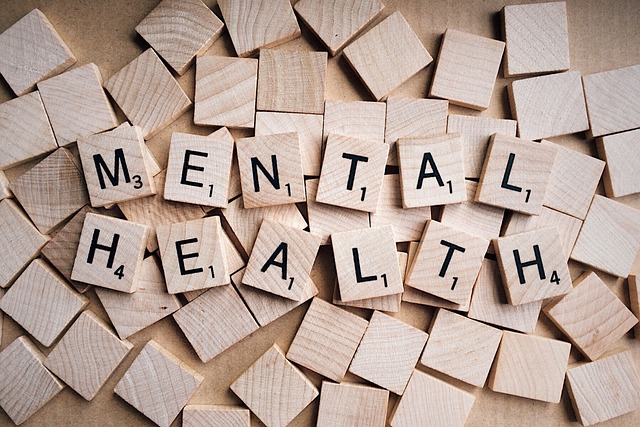Lone Tree Geriatrics Therapy emphasizes the critical issue of burnout among healthcare providers, particularly in geriatrics, caused by high-stress environments and heavy workloads. They advocate for early recognition and prevention through positive thinking, stress management, time management, and support systems. The facility implements strategies like Mind Over Matter principles, cultural competency training, self-care practices, and a supportive work culture to maintain therapist satisfaction and resilience, ultimately ensuring compassionate care for residents. Balancing work and life is vital, involving structured scheduling, stress reduction techniques, and participation in workshops. A supportive environment, open communication, flexible scheduling, and mental health days further prevent burnout. Continuous education and professional development through training sessions and tailored programs enhance clinical skills and well-being, fostering a community that prioritizes provider wellness for long-term patient care quality.
Healthcare provider burnout is a growing concern, especially in high-demand settings like Lone Tree Geriatrics Therapy. This article explores strategies to prevent burnout among healthcare professionals, focusing on the unique challenges faced by geriatric care teams. We delve into understanding burnout, its impact on patient care, and evidence-based solutions. From stress management techniques to fostering supportive environments and continuous education, these strategies aim to enhance well-being and improve outcomes at Lone Tree Geriatrics Therapy and beyond.
- Understanding Burnout Among Healthcare Providers
- The Impact of Burnout on Patient Care at Lone Tree Geriatrics Therapy
- Strategies for Stress Management and Work-Life Balance
- Fostering a Supportive Environment at the Practice
- Continuous Education and Professional Development for Burnout Prevention
Understanding Burnout Among Healthcare Providers

Burnout among healthcare providers is a growing concern, especially within specialized fields like geriatrics. Lone Tree Geriatrics Therapy highlights that this issue stems from prolonged exposure to high-stress situations, heavy workloads, and emotional exhaustion. Healthcare professionals, often driven by altruistic goals, may struggle to set boundaries due to a sense of duty or empathy, leading to chronic fatigue and detachment from work.
Recognizing burnout early is crucial for prevention. The practice emphasizes the importance of adopting positive thinking and mind over matter principles to enhance resilience. Additionally, developing coping skills can help professionals navigate challenging situations, reducing the risk of burnout. This includes techniques such as stress management, time management, and seeking support from colleagues or professional counselors.
The Impact of Burnout on Patient Care at Lone Tree Geriatrics Therapy

At Lone Tree Geriatrics Therapy, burnout among healthcare providers has significant implications for patient care. When therapists experience burnout, their ability to deliver quality services is hindered. This can lead to decreased empathy and patience, resulting in reduced interaction with patients, especially those from diverse backgrounds. The impact extends beyond individual therapists; it affects the overall therapeutic environment, potentially lowering the standard of care for all residents.
Implementing strategies to prevent burnout, such as incorporating Mind Over Matter Principles and enhancing Healthcare Provider Cultural Competency Training, is vital. Encouraging self-care practices and fostering a supportive work culture can help maintain high levels of therapist satisfaction and resilience. By prioritizing these measures, Lone Tree Geriatrics Therapy aims to ensure that patients receive consistent, compassionate, and culturally sensitive care.
Strategies for Stress Management and Work-Life Balance

Maintaining a healthy work-life balance is paramount for healthcare providers to prevent burnout. Lone Tree Geriatrics Therapy emphasizes the importance of setting clear boundaries between professional and personal life. This can be achieved through structured scheduling, ensuring adequate time for rest, hobbies, and family or social activities. Regular exercise, mindfulness practices like meditation or yoga, and engaging in hobbies outside of work are also vital components of stress management that can significantly enhance resilience to burnout.
In addition to these personal strategies, participating in Stress Management Workshops Organization-led initiatives or adopting Compassion Cultivation Practices can foster a supportive professional environment. These programs often include Conflict Resolution Techniques training, which not only improves workplace dynamics but also equips providers with tools to navigate challenging situations without absorbing excessive stress. By integrating such practices into their daily routines, healthcare professionals can better manage stress, prevent burnout, and provide quality care to their patients.
Fostering a Supportive Environment at the Practice

Creating a supportive environment at a healthcare practice like Lone Tree Geriatrics Therapy is a vital strategy to combat burnout among providers. This involves cultivating a culture that prioritizes well-being, encourages open communication, and promotes work-life balance. Simple yet effective steps include regular staff meetings where concerns can be openly discussed, fostering a sense of community through team-building activities, and implementing flexible scheduling options to accommodate personal commitments.
A supportive atmosphere also means reducing mental illness stigma through educational initiatives and encouraging mental health days as part of the routine. By embracing resilience building practices such as Mindfulness Meditation, providers at Lone Tree Geriatrics Therapy can enhance their coping mechanisms, making them better equipped to handle the demands of their work while fostering a happier and healthier professional environment.
Continuous Education and Professional Development for Burnout Prevention

Continuous education and professional development are vital tools in preventing burnout among healthcare providers, especially those offering geriatric therapy services like Lone Tree Geriatrics. Regular training sessions that focus on both clinical skills and personal well-being can help medical professionals stay updated with the latest research and treatment methods while also fostering a sense of community and support.
Incorporating Mental Health Education Programs Design tailored for healthcare providers, alongside Social Skills Training, can significantly enhance their ability to manage stress and maintain work-life balance. These programs often include strategies for self-care, resilience building, and improving interpersonal communication—all essential aspects in mitigating burnout risk. By investing in ongoing education, healthcare organizations can create a culture that prioritizes provider wellness, ensuring long-term patient care quality and satisfaction.
Burnout among healthcare providers, as evidenced by experiences at Lone Tree Geriatrics Therapy, significantly impacts patient care. To mitigate this, fostering a supportive work environment, prioritizing work-life balance through stress management strategies, continuous education, and professional development are essential. By implementing these burnout prevention strategies, healthcare practices can improve provider satisfaction and, in turn, enhance the quality of care for their patients.

